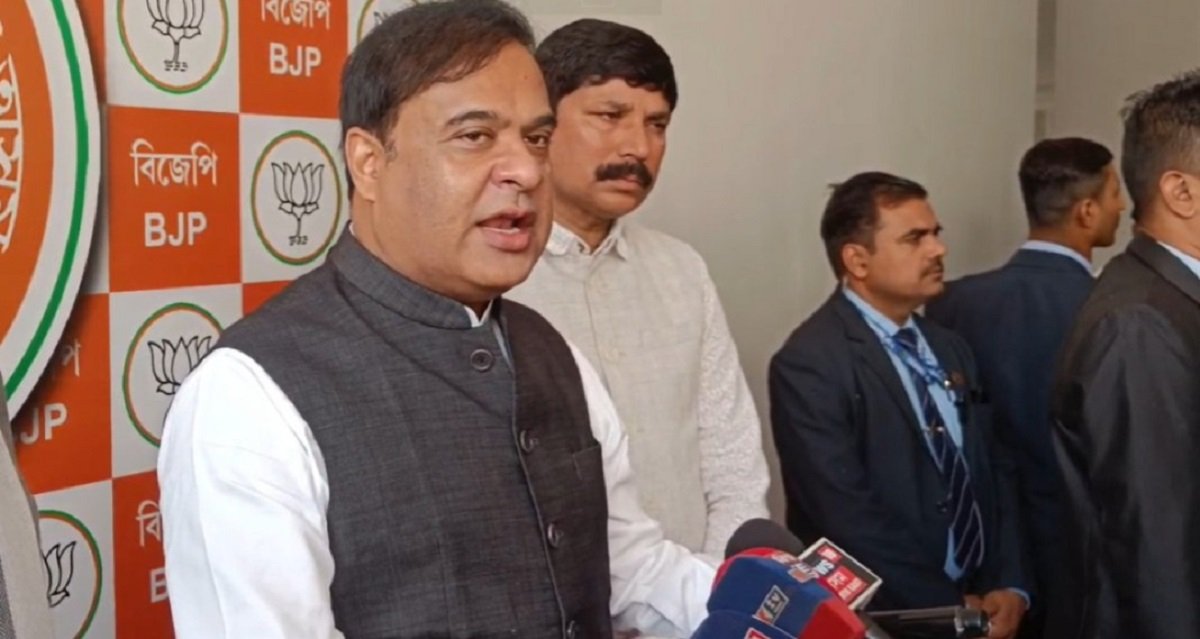Through the Bodoland Space Education Program, 15 schools in the Bodoland Territorial Region (BTR) of Assam now have dedicated space laboratories, integrating space subjects into the curriculum. The newest school to join the effort was Tamulpur Higher Secondary School, which celebrated its first National Space Day on August 23 and opened the Haladhar Ujir Memorial Space Laboratory. The institution, which was founded in 1953, had never seen anything like this before.
According to Nilutpal Kashyap, Officer on Special Duty (Education), BTC, “The first lab was set up in July 2024 at Sidli-Kashikotra Higher Secondary School in Chirang, the first in the Northeast to host a facility of this kind.” “We targeted nine schools in the second phase, with Tamulpur being the most recent, and six in the first.” CanSat payload kits for simulated launches, scale models of PSLV/GSLV launch vehicles, optical telescopes for planetary observation, and microcontroller-based experiments on sensors, propulsion, and telemetry are also available at the labs. The initiative, which is in line with the Indian Space Research Organization (ISRO), is being carried out in collaboration with the Vyomika Space Academy in New Delhi.
According to officials, more than 3,000 BTR students have already participated in practical exercises that help them close the knowledge gap between theory and reality, such as making water-powered rockets and studying orbital mechanics.The program, which aims to promote STEM (Science, Technology, Engineering, and Mathematics) education among rural youngsters, is the brainchild of BTC CEO Pramod Boro. He previously stated, “We want our children to use scientific curiosity and innovation to catch up with the rest of the world.” To promote a feeling of pride and ownership, each lab has been named after a local educator or community leader. For instance, the facility in Sidli-Kashikotra bears the name of the late journalist Chino Basumatary, who is known for his efforts to stop witch hunts in the area.
Teachers claim that the program is already influencing children’s thinking. According to Manju Boro, principal of Sidli-Kashikotra Higher Secondary School, “students who previously had no clear career goals now speak about becoming space scientists and discuss black holes and supernovas.” The difference is also being seen by parents. “Until my daughter gave me an explanation, I didn’t give space exploration much thought,” remarked Rajen Brahma of Udalguri. “Students here seem to be reaching the cosmos, which is a significant step beyond what we previously understood.”




